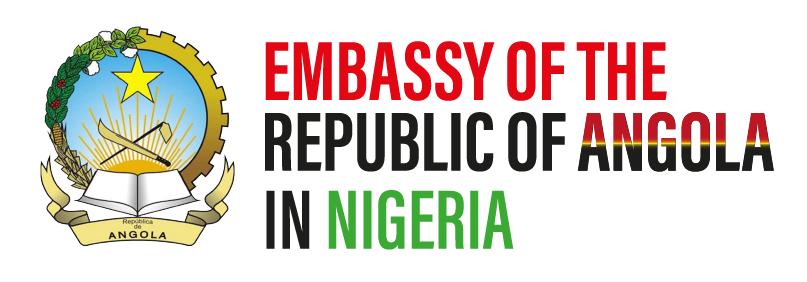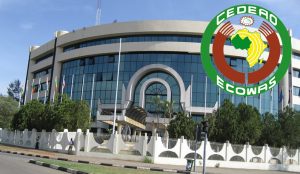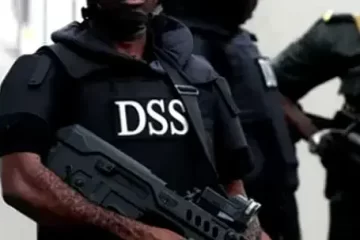The Economic Community of West African States will on January 29, 2025 begin the process for Niger, Mali and Burkina Faso to formally withdraw their membership of the regional bloc.
It declared a six-month transition period lasting until July 29, 2025, within which it would engage withdrawal protocol.
President of the ECOWAS Commission, Dr Omar Touray, announced this at the close of the 66th Ordinary Session of the ECOWAS Authority of Heads of State and Government at the Aso Rock Villa, Abuja.
The development follows the elapse of the one-year statutory period since the three countries first filed their decision to withdraw.
Article 91 of the Revised ECOWAS Treaty mandates that any member state wishing to withdraw must give a formal notification to the ECOWAS Authority of Heads of State and Government.
The withdrawal does not take immediate effect; instead, the country is required to wait one year from the date of the notice.
The one-year period, among other reasons, provides time for a withdrawing state to settle financial and legal obligations it may owe to ECOWAS or affiliated institutions.
To this effect, Touray announced, “The authority takes note of the notification by Burkina Faso, the Republic of Mali and the Republic of Niger of their decision to withdraw from ECOWAS.
“The authority acknowledges that in accordance with the provisions of Article 91 of the Revised ECOWAS Treaty, the three countries will officially cease to be members of ECOWAS from January 29, 2025.
“The authority decides to set the period from January 29, 2025 to July 29, 2025 as a transitional period and to keep ECOWAS doors open to the three countries during the transition period.”
The bloc also extended the mandates of Senegalese President, Bassirou Faye, and Togolese President, Faure Gnassingbé who, since June 2024, led ECOWAS’s mediation efforts with the three withdrawing states.
“In this regard, the authority extends the mandate of President for Gnassingbé of a Togo, and President Faye of Senegal to continue their mediation rule up to the end of the transition period to bring the three member countries back to ECOWAS,” said Touray, thanking the Presidents for their efforts of the past year.
The ECOWAS Authority also instructed the President of the Commission to commence withdrawal procedures after the deadline of January 29, 2025, and to prepare a contingency plan addressing various sectors.
It also mandated the Council of Ministers to convene an extraordinary session in the second quarter of 2025 to deliberate on and adopt the withdrawal framework and contingency plan, which will define the political and economic relationship between ECOWAS and the Republics of Niger, Mali, and Burkina Faso.
Touray explained, “Without prejudice, for the spirit of the opening, the Authority directs the President of the Commission to launch withdrawal formalities after the deadline of January 29, 2025 and to draw up a contingency plan covering various areas.
“The Authority directs the Council of Ministers to convene an extraordinary session during the second quarter of 2025 to consider and adopt both separation modalities and the contingency plan covering political and economic relations between ECOWAS and the Republic of Niger, the Republic of Mali and Burkina Faso.”
For his part, Nigeria’s President, Bola Tinubu, who chairs the ECOWAS Authority, commended its leaders and members for the in-depth discussions held during the summit, emphasising that these deliberations showcased the collective resolve to tackle the challenges facing the region.
He urged member states to remain united and committed to the principles that define ECOWAS as a community.
Tinubu advised, “As we move forward to implement the outcomes of this summit, let us remain united in our determination and steadfast in our commitment to the principles that bind us together as a community.
“I call on all member states to redouble their efforts in ensuring that decision reached here translates into tangible benefit for our citizens. Let us carry with us the optimism, belief and resolve that have guided our deliberations and our people.
“Together, let us continue to champion the cause of a peaceful, secure and prosperous West Africa to build ECOWAS as a community of people anchored on the ideals of freedom, justice and democracy, a vision that is propelled by good governance, that addresses the legitimacy and legitimate aspiration of our people.”
Acknowledging special attendees, Tinubu bid farewell to Moussa Faki, who attended his last ECOWAS meeting, as President of the African Union Commission, and extended gratitude to outgoing Ghanaian President, Nana Akufo-Addo, lauding him as “Mr. Democrat” and urging him to remain accessible for guidance.
In January 2024, Burkina Faso, Mali, and Niger announced their withdrawal from ECOWAS.
The three nations accused the regional bloc of abandoning its founding ideals and yielding to external influences, criticising sanctions imposed to reverse their respective military coups.
This withdrawal follows a series of military takeovers in Mali (2020 and 2021), Burkina Faso (2022), and Niger (2023), which led to their suspension from ECOWAS and strained relations with the bloc.
In response, the withdrawing states formed the Alliance of Sahel States, a new regional bloc prioritising defence and mutual support. They have also distanced themselves from traditional Western allies, particularly France, and have sought closer ties with Russia.
In September 2024, Burkina Faso introduced a new biometric passport without the ECOWAS emblem, further solidifying its withdrawal.
During talks with German President Frank-Walter Steinmeier at the State House last Tuesday, Tinubu affirmed that Nigeria would pursue diplomatic solutions to the political impasse in the three countries, ensuring innocent citizens are not unduly punished for the actions of military regimes.
As of December 2024, the remaining ECOWAS member states are Benin Republic, Cape Verde, Côte d’Ivoire, The Gambia, Ghana, Guinea, Guinea-Bissau, Liberia, Nigeria, Senegal, Sierra Leone, and Togo.
With three years of experience, Stephen, The PUNCH correspondent, has been covering Nigeria’s presidency, politics, security, immigration and trafficking in persons



